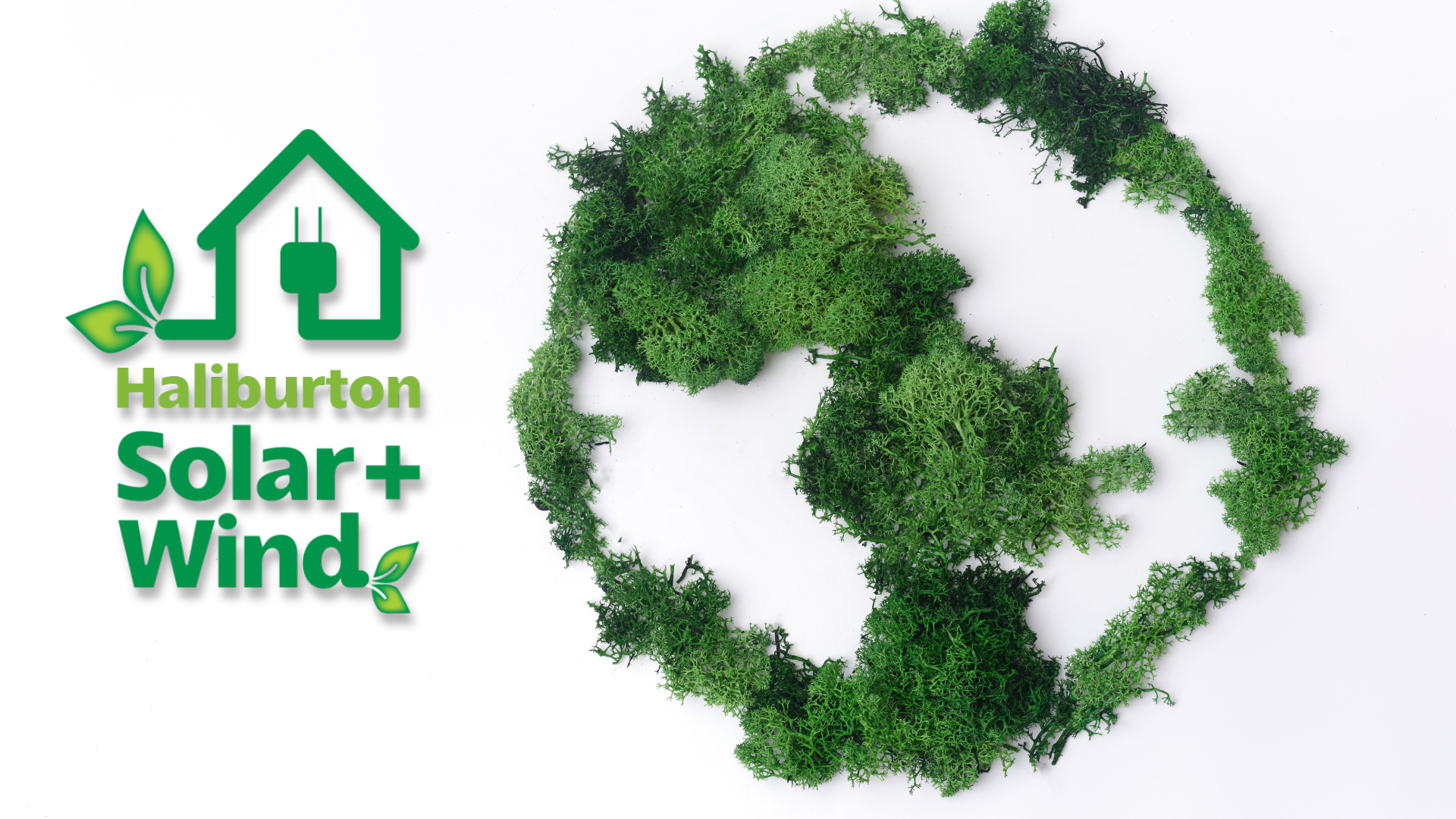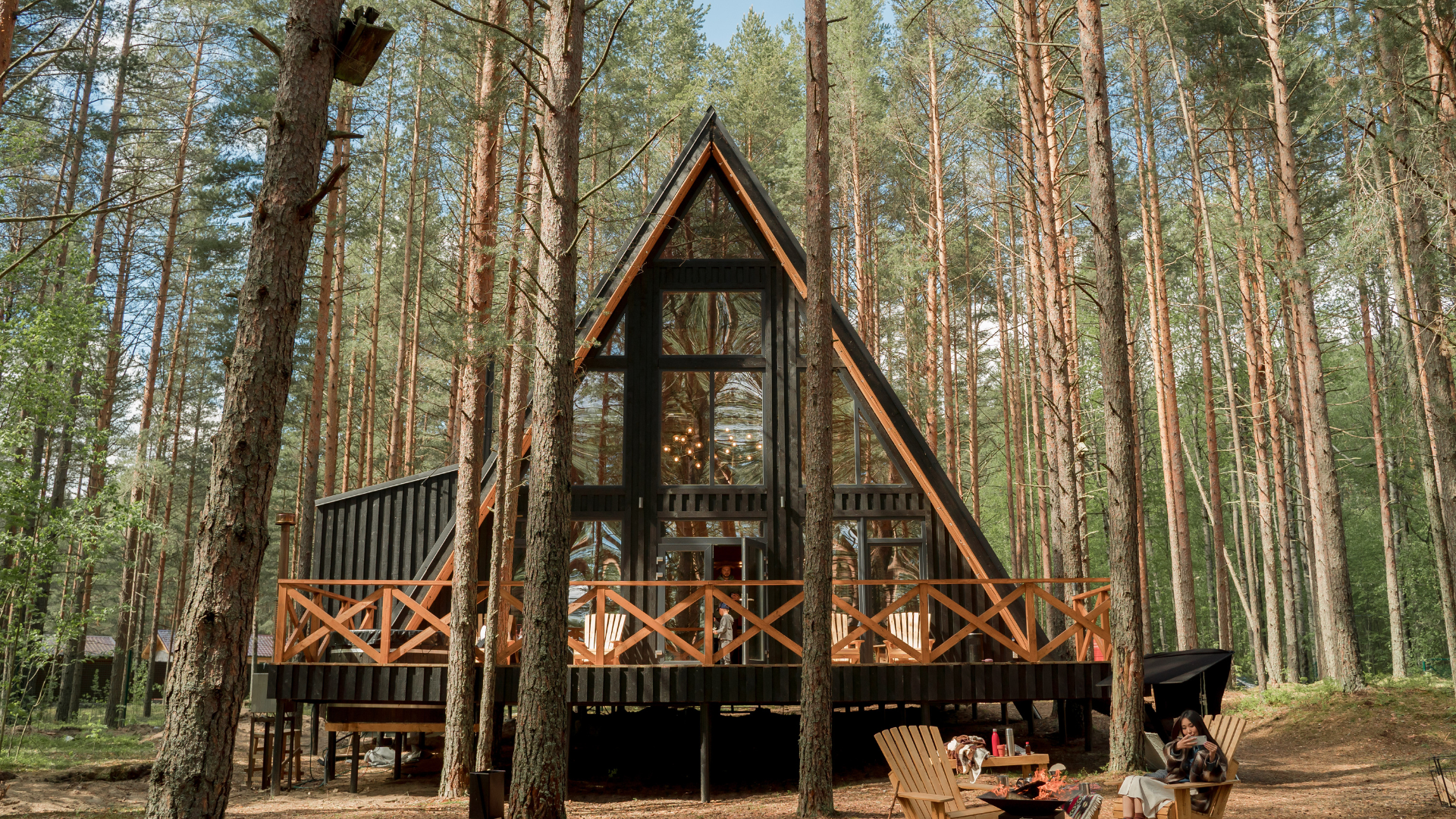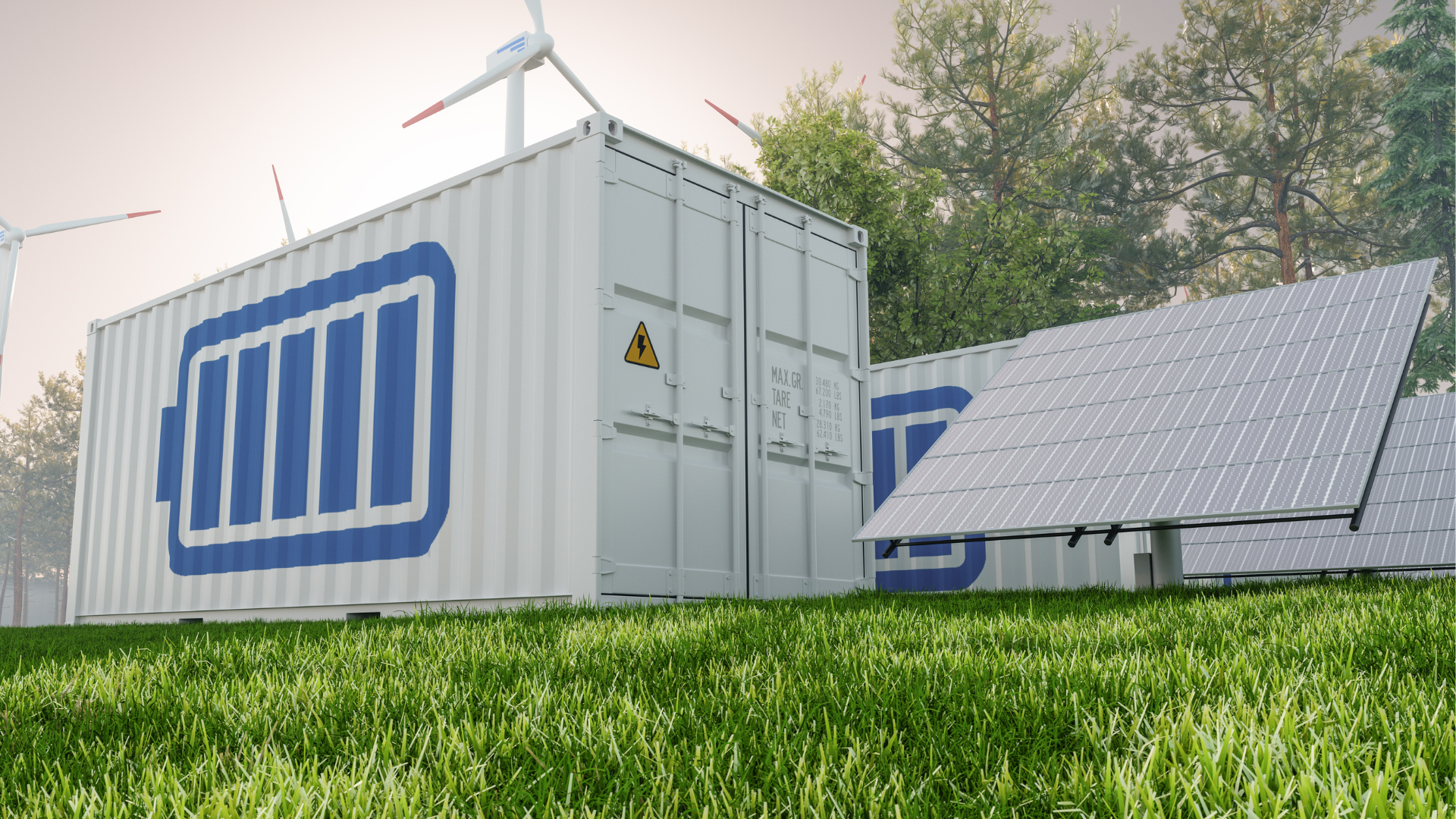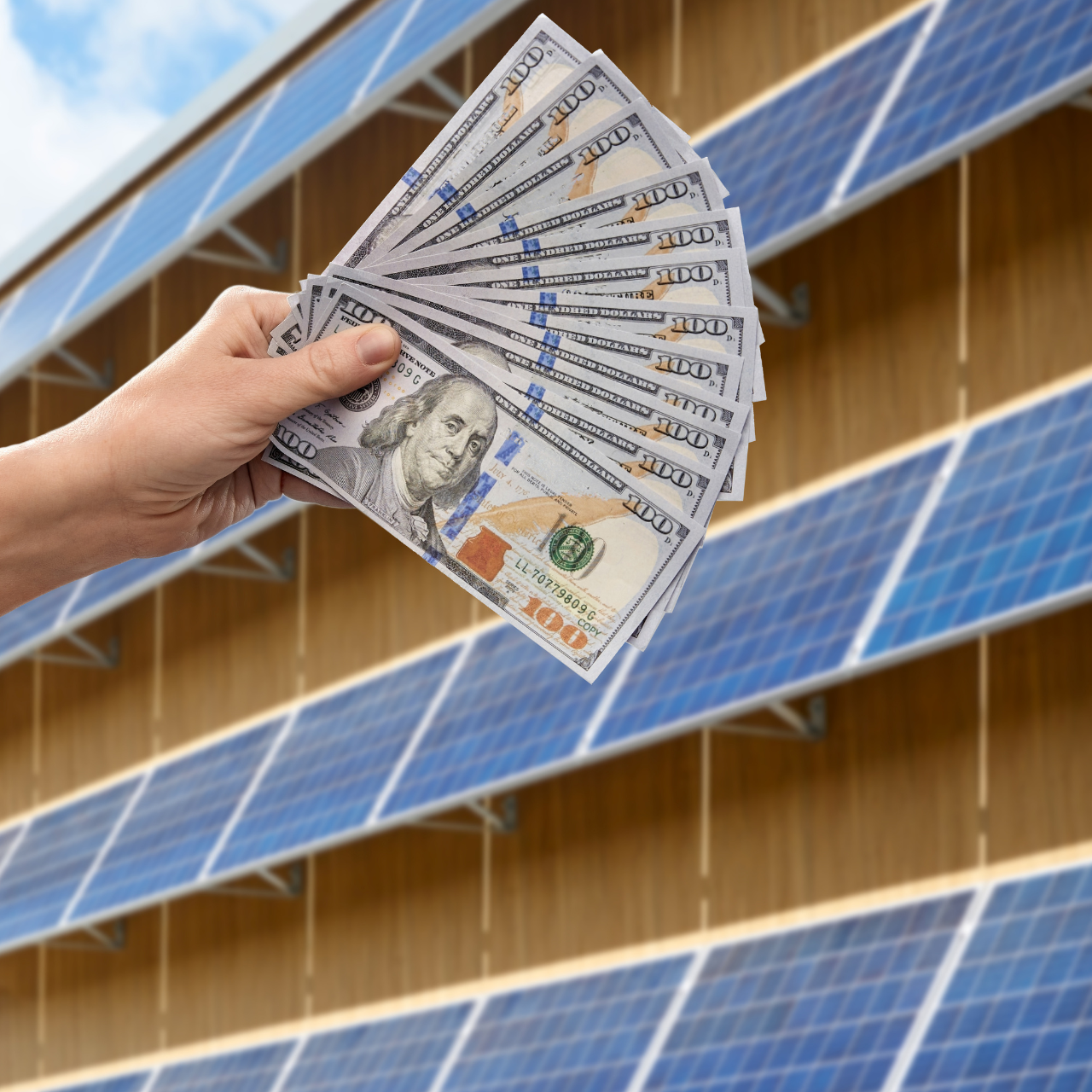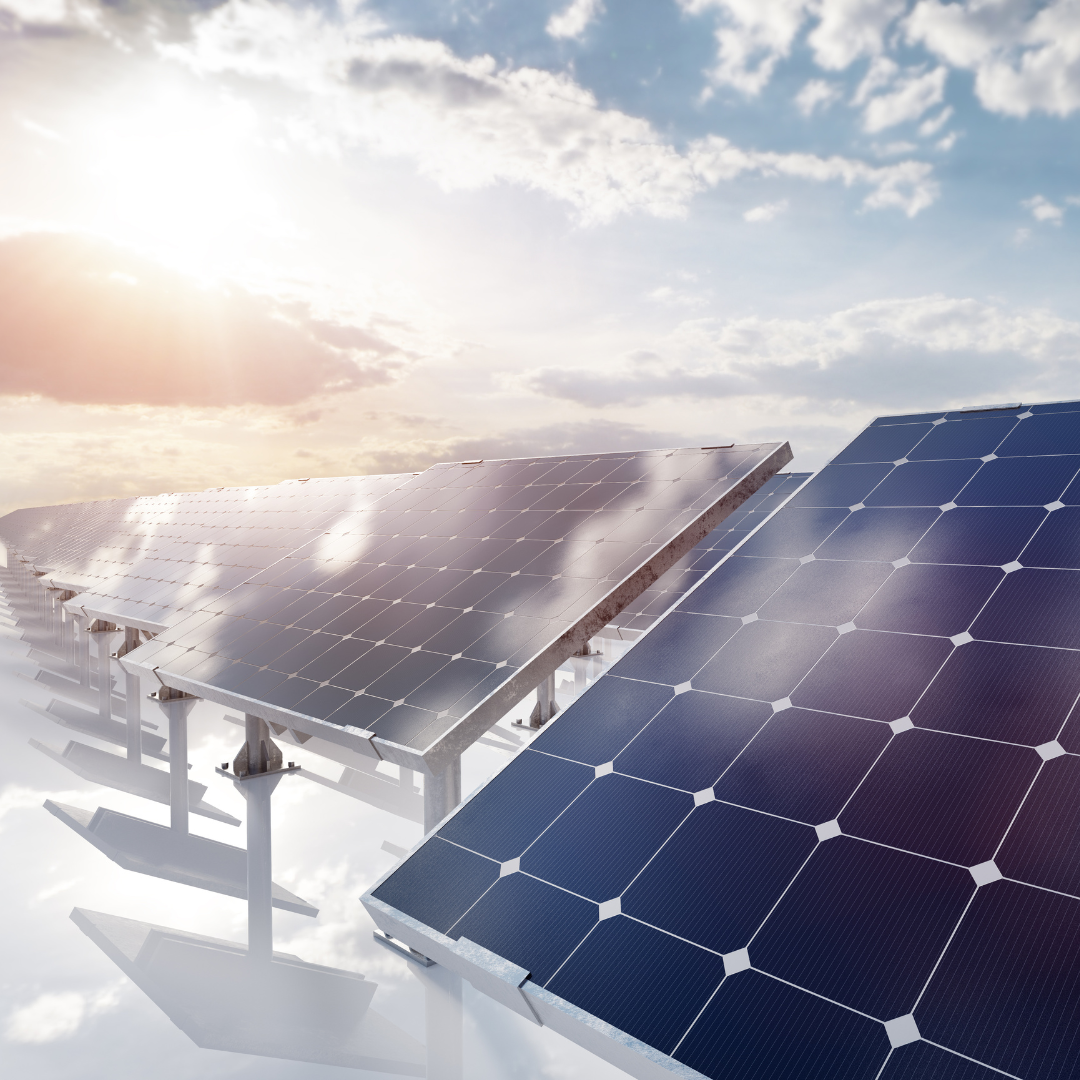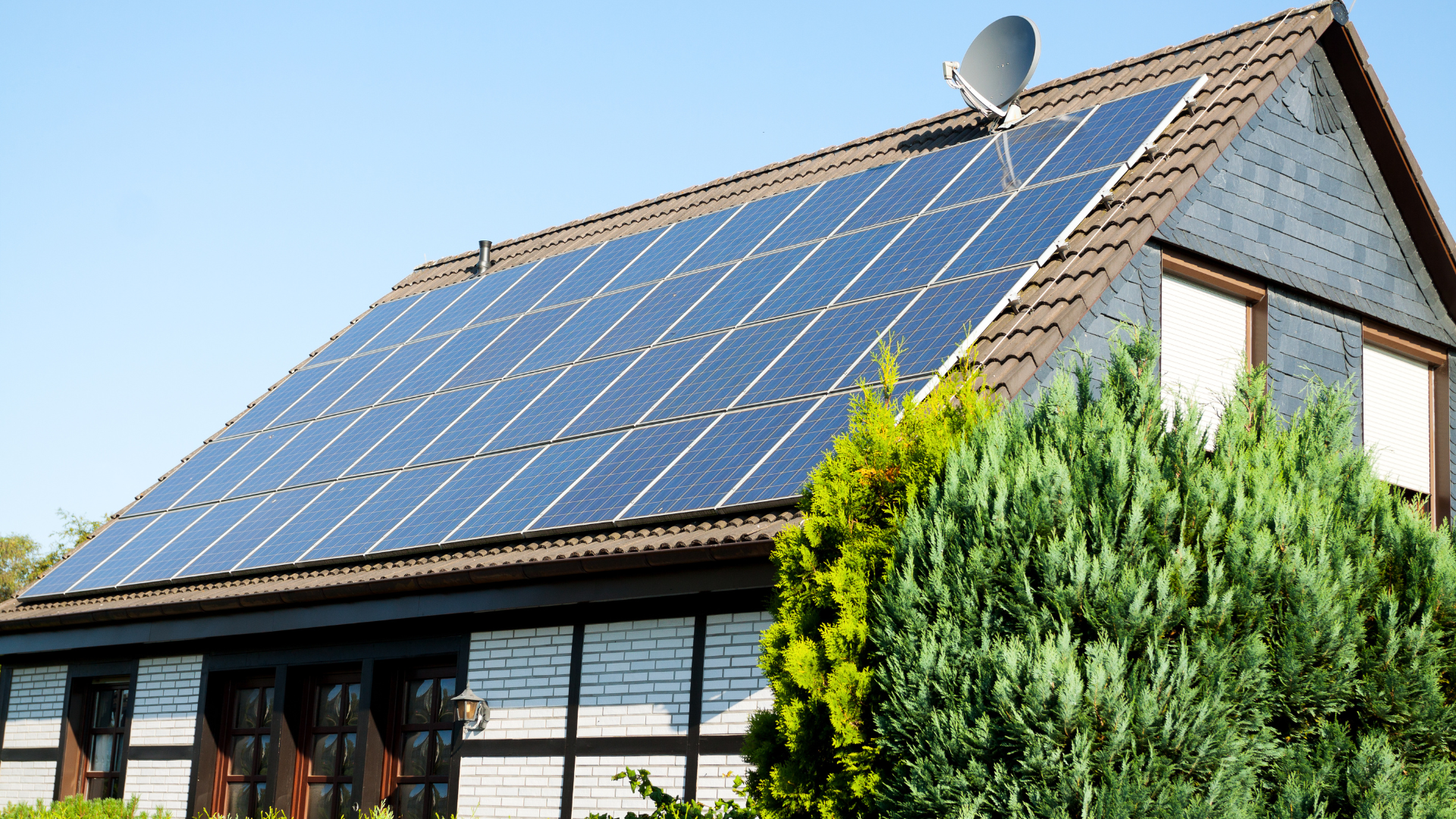Renewable Energy: Living Off Grid in Canada
Welcome to our blog on renewable energy solutions for Canadians living in rural communities! We're excited to share with you the importance of renewable energy and how it can benefit your property in many ways.
As a property owner, you're likely interested in reducing costs and contributing to environmental renewal. Rural communities offer unique opportunities for sustainable living, but you may be wondering how to implement renewable energy solutions on your property. That's where we come in!
Our blog post will provide idea’s and information about renewable energy options that are perfect for unique rural properties; year round owners, 2nd homes, cottagers, and retirees all planning to build or renovate with sustainability as a primary goal. We'll discuss the benefits of renewable energy, the best practices for planning and implementing a renewable energy system, and provide case studies of renewable energy solutions all over Canada.
So, let's dive in and explore how renewable energy can make a significant difference in your property's environmental impact and financial savings.
Renewable energy solutions have a range of benefits that are especially important in rural communities. Here are four key benefits of renewable energy:
1. Cost savings:
Renewable energy can help property owners save money on energy bills in the long run. By generating your own energy, you can reduce or even eliminate your dependence on traditional energy sources like electricity from the grid. While the initial investment in renewable energy systems may seem daunting, the savings can add up quickly over time.
2. Environmental benefits:
Renewable energy is an eco-friendly option that reduces greenhouse gas emissions and helps to mitigate the impacts of climate change. By using renewable energy, you can significantly reduce your carbon footprint and contribute to a cleaner, healthier environment for future generations.
3. Energy independence:
Renewable energy offers greater energy independence and security, especially in rural communities where access to traditional energy sources can be limited. By generating your own energy, you are not dependent on external sources and can ensure a reliable supply of power for your property.
4. Increased property value:
Renewable energy systems can increase the value of your property. They are increasingly seen as desirable features by potential buyers who are looking for sustainable, eco-friendly properties. In addition, installing renewable energy systems can make your property more attractive to renters or guests, especially those who are environmentally conscious.
Take Away,
renewable energy offers significant benefits that are especially relevant to rural communities. By reducing energy costs, improving the environment, increasing energy independence, and adding value to your property, renewable energy is a smart investment for property owners.
There are several renewable energy options available for property owners all over Canada. Here are some of the most common options:
1. Solar energy systems:
Solar energy is one of the most popular forms of renewable energy, and for good reason. It is reliable, cost-effective, and easy to install. Some common solar energy systems include:
- Photovoltaic (PV) panels: PV panels convert sunlight into electricity, which can then be used to power your property. PV panels can be installed on roofs or on the ground, and they come in a range of sizes to suit different energy needs.
- Solar hot water systems: Solar hot water systems use the sun's energy to heat water, which can then be used for domestic hot water or space heating. These systems are especially effective in the summer months when there is plenty of sunlight.
- Battery storage: Battery storage systems allow you to store excess energy generated by your solar panels. This stored energy can then be used when the sun isn't shining, such as at night or on cloudy days.
2. Wind energy systems:
Wind energy is another popular form of renewable energy, especially in areas with high wind speeds. Some common wind energy systems include:
- Turbines: Wind turbines are typically installed on towers and generate electricity when the blades are turned by the wind. Turbines come in a range of sizes, from small residential models to large commercial models.
- Hybrid systems: Hybrid systems combine wind and solar energy to provide a more reliable source of energy. These systems can be especially effective in areas with varying weather conditions.
3. Geothermal systems:
Geothermal energy uses the natural heat of the earth to heat and cool your property. These systems are typically installed underground and use a looped pipe system to transfer heat to and from the earth.
4.Bioenergy systems:
Bioenergy systems use organic materials, such as wood pellets or agricultural waste, to generate heat and electricity. These systems are typically used in areas with an abundant supply of biomass.
Take Away, there are many renewable energy options available for residential property owners. By choosing the right system for your needs and property, you can significantly reduce your energy costs and contribute to a more sustainable future.
When choosing a renewable energy system for your property, it's important to consider several factors to ensure that you select the right system for your needs. Here are four key factors to keep in mind:
- Property location and orientation: The location and orientation of your property can impact the effectiveness of renewable energy systems. For example, solar panels require direct sunlight to generate electricity, so a property with a lot of shade may not be ideal. Similarly, wind turbines require consistent wind speeds, so a property in a low-wind area may not be suitable for a wind energy system.
- Energy demands and usage patterns: The amount of energy you require and your usage patterns will determine the size and capacity of the renewable energy system you need. For example, if you have high energy demands, you may need a larger solar panel array or wind turbine to generate enough electricity to meet your needs.
- Budget and financing options: Renewable energy systems can be a significant investment, so it's important to consider your budget and financing options before making a decision. While renewable energy systems can offer long-term cost savings, the upfront costs can be high. Be sure to research available financing options, such as loans or government incentives, to help offset the initial costs.
- Maintenance and upkeep requirements: Renewable energy systems require regular maintenance and upkeep to ensure they operate effectively and efficiently. Be sure to consider the maintenance requirements of each system when making a decision. For example, solar panels may require regular cleaning to maintain their efficiency, while wind turbines require regular inspections and maintenance to prevent wear and tear.
Take Away, choosing a renewable energy system requires careful consideration of several key factors, including property location and orientation, energy demands and usage patterns, budget and financing options, and maintenance and upkeep requirements. By
considering these factors, you can select the right system for your needs and contribute to a more sustainable future.
To help illustrate the benefits and effectiveness of renewable energy systems in rural communities, let's look at some case studies:
Example 1:
A retired couple's off-grid cabin powered by solar and wind energy.
This couple wanted to build a small off-grid cabin in a remote area. They decided to install a hybrid solar and wind energy system to power their cabin. The system included a small wind turbine, a solar panel array, and a battery storage system. The system provided enough power to meet all of their energy needs, including lighting, appliances, and heating. They were able to live comfortably and independently, without relying on traditional energy sources.
Example 2:
A second home property, geothermal heating and cooling system.
This property owner wanted to reduce their energy costs and carbon footprint while also improving the comfort of their second home. They decided to install a geothermal heating and cooling system. The system used the natural heat of the earth to heat and cool the home, reducing the need for traditional heating and cooling methods. The system was also cost-effective, reducing the owner's energy bills and providing a return on their investment over time.
Example 3:
A cottager's hybrid solar and generator system.
This cottager wanted to have a reliable source of energy for their property, even during power outages. They decided to install a hybrid solar and generator system. The system included a solar panel array, a battery storage system, and a backup generator. The system provided enough power to meet all of their energy needs, including heating, lighting, and appliances. The backup generator provided additional security and peace of mind during power outages.
Take Away, these case studies demonstrate the effectiveness of renewable energy systems in rural communities. By choosing the right system for their needs, property owners were able to reduce their energy costs, increase their energy independence, and contribute to a more sustainable future.
When planning and implementing a renewable energy system for your property, it's important to follow best practices to ensure the system is effective, efficient, and safe. Here are four key best practices to keep in mind:
Engage with renewable energy experts and contractors:
Renewable energy systems can be complex and require specialized knowledge and skills to install and maintain. It's important to engage with renewable energy experts and contractors who have experience in designing and installing renewable energy systems. These experts can provide guidance and advice on the best system for your needs and can ensure that the system is installed safely and effectively.
Conduct a thorough energy audit and feasibility study:
Before installing a renewable energy system, it's important to conduct a thorough energy audit and feasibility study. This study will assess your energy needs and usage patterns, as well as evaluate the suitability of your property for different renewable energy systems. The study will also provide guidance on the best system size and capacity for your needs, and can help you estimate the costs and potential savings of the system.
Obtain necessary permits and approvals:
Depending on the type of renewable energy system you choose and the location of your property, you may need to obtain permits and approvals from local or provincial authorities. This may include building permits, electrical permits, or environmental permits. It's important to ensure that all necessary permits and approvals are obtained before installing your system to ensure compliance with local regulations.
Monitor and maintain the system over time:
Renewable energy systems require regular maintenance and monitoring to ensure that they operate effectively and efficiently. It's important to develop a maintenance plan and schedule for your system, and to regularly inspect and service the system to prevent wear and tear and to ensure optimal performance. This may include cleaning solar panels, inspecting wind turbines, or servicing geothermal systems.
Take Away, following these best practices can help ensure the successful planning and implementation of a renewable energy system for your property. By engaging with experts, conducting a thorough feasibility study, obtaining necessary permits, and monitoring and maintaining the system over time, you can maximize the benefits of renewable energy and contribute to a more sustainable future.
In conclusion, renewable energy systems offer a range of benefits for property owners in rural communities. By reducing energy costs, improving the environment, increasing energy independence, and adding value to properties, renewable energy is a smart investment for second home property owners, cottagers, and retirees who are looking to build or renovate with sustainability as a primary goal.
We've discussed several renewable energy options, including solar, wind, geothermal, and bioenergy systems, and highlighted best practices for planning and implementing a renewable energy system. We've also provided case studies that illustrate the effectiveness of renewable energy in rural communities.
We encourage property owners to consider renewable energy as a primary goal in building or renovating, and to work with renewable energy experts and contractors to ensure a safe and effective installation. By investing in renewable energy, property owners can contribute to a more sustainable future and enjoy the many benefits of renewable energy in their daily lives.
We love what we do and it shows!
Achieve Energy Independence in Ontario.
Contact Haliburton Solar & Wind
HALIBURTON SOLAR AND WIND
Address: 1067 Garden Gate Dr a, Algonquin Highlands, ON K0M 1J1, Canada
Tel: 705.455.2637
info@haliburtonsolarandwind.com
